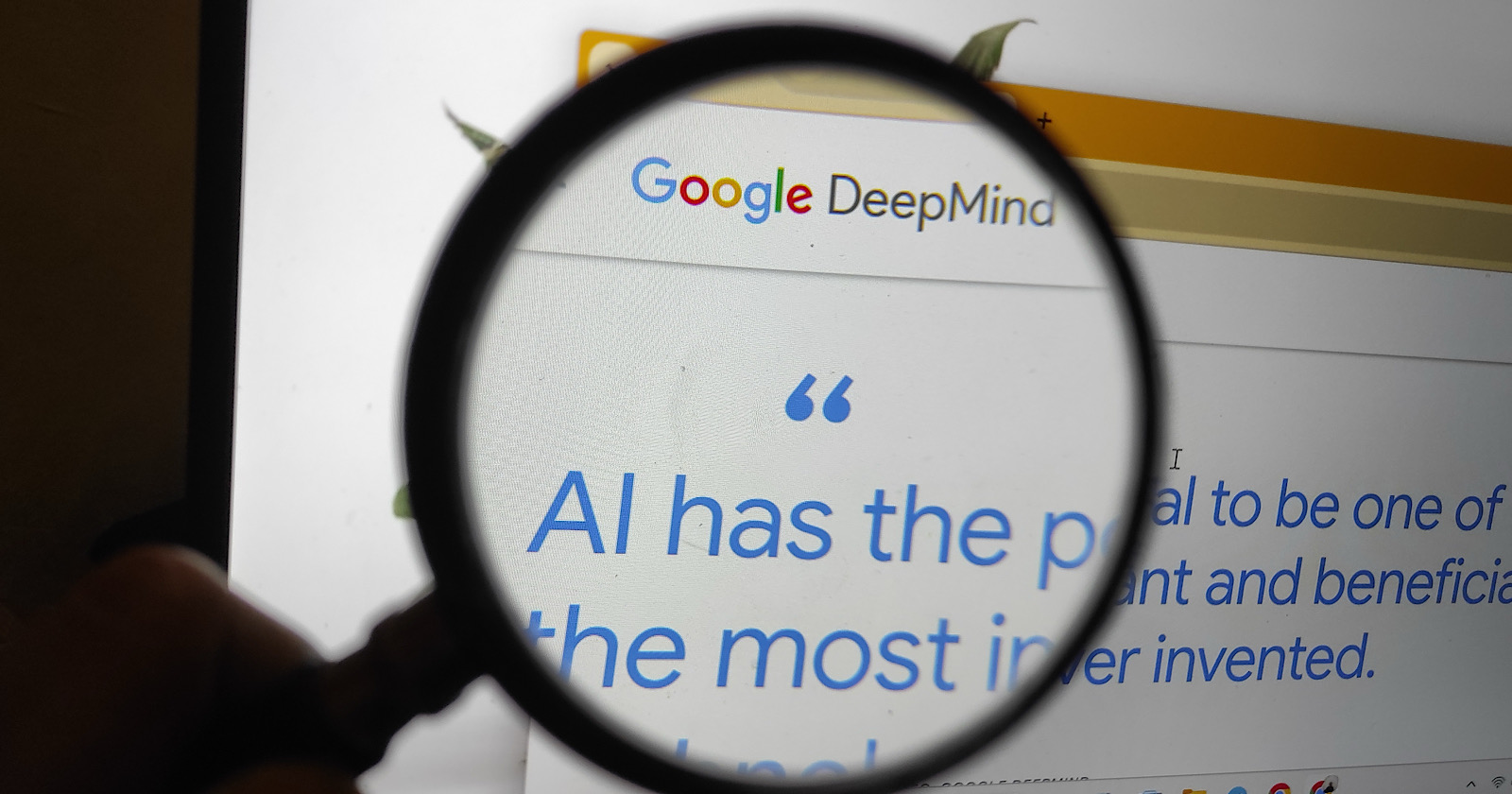
Google DeepMind has shared its plan to make artificial general intelligence (AGI) safer.
The report, titled “An Approach to Technical AGI Safety and Security,” explains how to stop harmful AI uses while amplifying its benefits.
Though highly technical, its ideas could soon affect the AI tools that power search, content creation, and other marketing technologies.
Google’s AGI Timeline
DeepMind believes AGI may be ready by 2030. They expect AI to work at levels that surpass human performance.
The research explains that improvements will happen gradually rather than in dramatic leaps. For marketers, new AI tools will steadily become more powerful, giving businesses time to adjust their strategies.
The report reads:
“We are highly uncertain about the timelines until powerful AI systems are developed, but crucially, we find it plausible that they will be developed by 2030.”
Two Key Focus Areas: Preventing Misuse and Misalignment
The report focuses on two main goals:
- Stopping Misuse: Google wants to block bad actors from using powerful AI. Systems will be designed to detect and stop harmful activities.
- Stopping Misalignment: Google also aims to ensure that AI systems follow people’s wishes instead of acting independently.
These measures mean that future AI tools in marketing will likely include built-in safety checks while still working as intended.
How This May Affect Marketing Technology
Model-Level Controls
DeepMind plans to limit certain AI features to prevent misuse.
Techniques like capability suppression ensure that an AI system willingly withholds dangerous functions.
The report also discusses harmlessness post-training, which means the system is trained to ignore requests it sees as harmful.
These steps imply that AI-powered content tools and automation systems will have strong ethical filters. For example, a content generator might refuse to produce misleading or dangerous material, even if pushed by external prompts.
System-Level Protections
Access to the most advanced AI functions may be tightly controlled. Google could restrict certain features to trusted users and use monitoring to block unsafe actions.
The report states:
“Models with dangerous capabilities can be restricted to vetted user groups and use cases, reducing the surface area of dangerous capabilities that an actor can attempt to inappropriately access.”
This means that enterprise tools might offer broader features for trusted partners, while consumer-facing tools will come with extra safety layers.
Potential Impact On Specific Marketing Areas
Search & SEO
Google’s improved safety measures could change how search engines work. New search algorithms might better understand user intent and trust quality content that aligns with core human values.
Content Creation Tools
Advanced AI content generators will offer smarter output with built-in safety rules. Marketers might need to set their instructions so that AI can produce accurate and safe content.
Advertising & Personalization
As AI gets more capable, the next generation of ad tech could offer improved targeting and personalization. However, strict safety checks may limit how much the system can push persuasion techniques.
Looking Ahead
Google DeepMind’s roadmap shows a commitment to advancing AI while making it safe.
For digital marketers, this means the future will bring powerful AI tools with built-in safety measures.
By understanding these safety plans, you can better plan for a future where AI works quickly, safely, and in tune with business values.
Featured Image: Shutterstock/Iljanaresvara Studio
